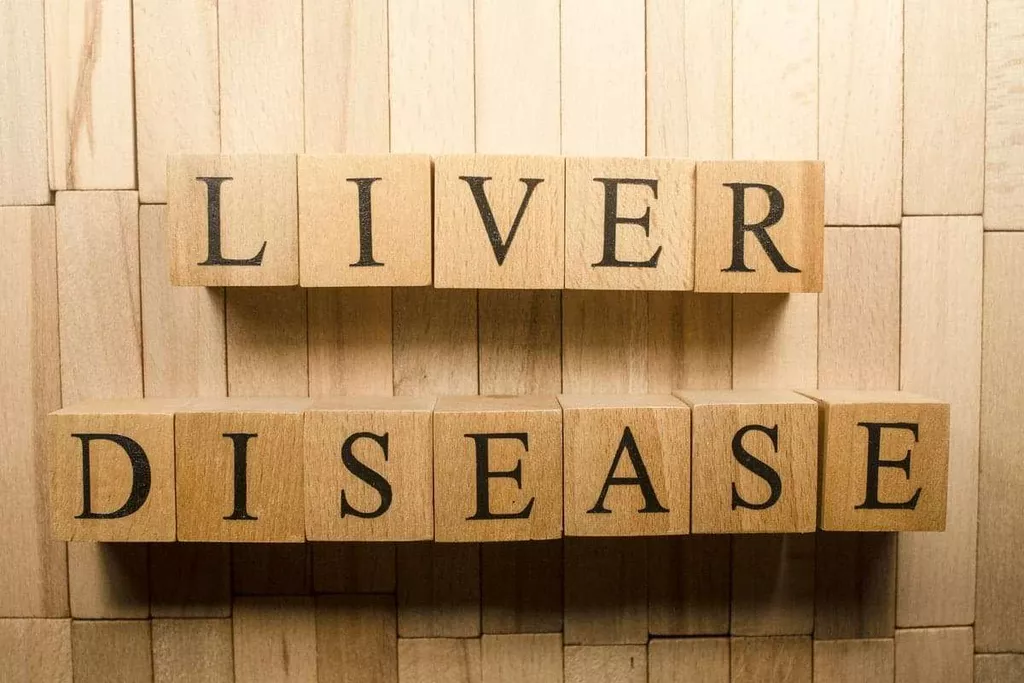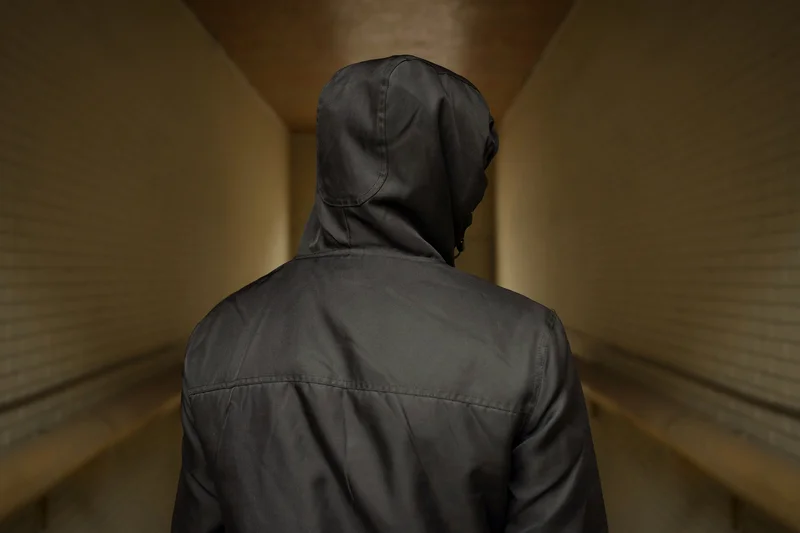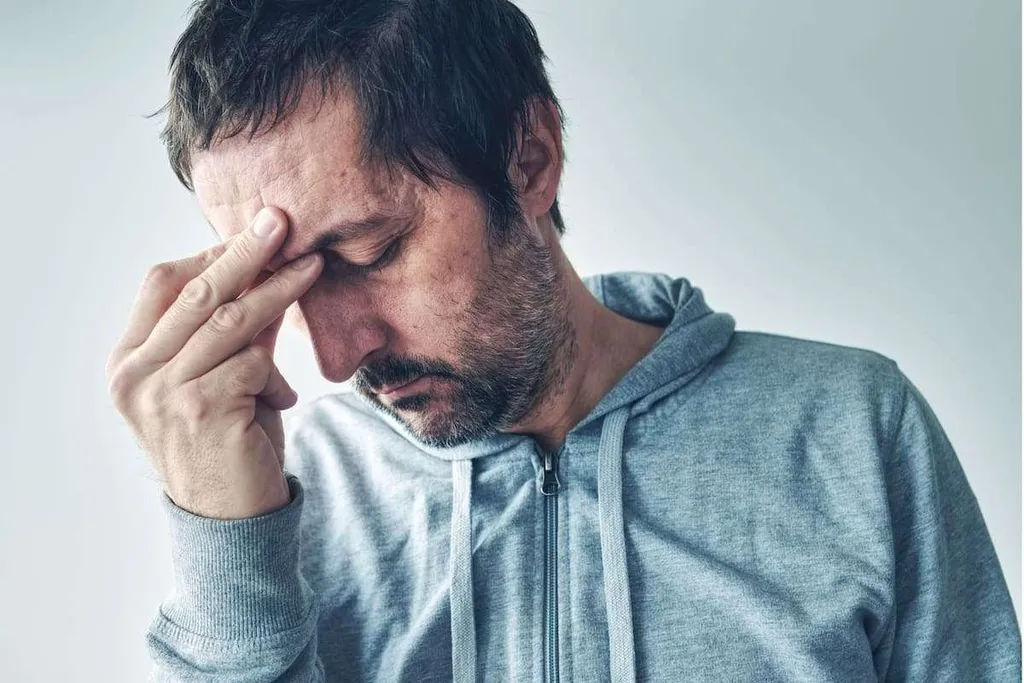
If you have low potassium levels, you might experience lip twitching. Potassium is an electrolyte that helps carry nerve signals in the body. It’s crucial to recognize that these tremors reflect physiological dependence on alcohol. Therefore, monitoring their occurrence and severity is vital for determining the need for how to stop twitching after drinking professional help or intervention. The trembling usually begins within six to eight hours after the last drink, with peak intensity occurring anywhere from 10 to 30 hours later. During this window, individuals may also experience other withdrawal symptoms, including anxiety, sweating, and palpitations.
Why Does Coffee Make My Eye Twitch?
The key to preventing hangover shakes starts with moderation and responsible drinking. Pace yourself and avoid excessive alcohol consumption, as this can lead to more severe hangover symptoms, including alcoholism symptoms shakes. Remember, everyone’s tolerance to alcohol varies, so it’s important to know your limits.
Symptoms of a Severe Hangover

But too much can trigger muscle twitches in various parts of your body. It is important to limit your alcohol intake and ensure that you are getting enough sleep. It is also a good idea to practice relaxation techniques, such as meditation or deep breathing, before bedtime to help promote relaxation and improve sleep quality. Regular exercise can help improve sleep quality and reduce the likelihood of twitching during sleep. A comfortable, cool, and dark sleep environment can promote better sleep and help reduce twitching during sleep.
FAQ 10: If I consistently experience lip twitching after drinking alcohol, should I stop drinking entirely?
If you don’t already have a supportive network, you can make new connections by joining social media communities dedicated to alcohol-free living. Because there are several potential causes of lip tremors, multiple treatment methods exist. It may also reactivate in response to triggers like sleep deprivation or stress. Doctors or family and friends can provide early intervention, which can help you avoid alcohol-related neurologic disease. In a 2019 study, researchers showed that quitting alcohol had a positive effect on most people’s mental well-being. It usually develops as symptoms of Wernicke’s encephalopathy go away.
- They can assess the severity of withdrawal and develop a tailored detoxification plan, which may include supervised medication to ease symptoms and ensure safety.
- This dangerous condition starts with insomnia, tremors and sometimes seizures.
- For people whose bodies struggle to process alcohol, they can even last up to a week.
- It does this by increasing glutamate activity and decreasing GABA sensitivity, hitting the gas pedal while releasing the brake.
Underlying Neurological Conditions
Doctors aren’t always sure why they happen, but a few common triggers can set them off. It is normal for babies to twitch or make sudden movements during sleep, which is known as neonatal myoclonus. These movements are usually brief and may involve a variety of muscles, including the arms, legs, and face. Neonatal myoclonus is usually benign and does not require treatment.

What Causes Shaking After Drinking Alcohol?
People can check the label to see if twitching is a possible side effect of the medication they take. However, it is important not to stop or alter the dosage without talking with a doctor first. People who work out may benefit from consuming electrolyte drinks to maintain balance. If an eyelid twitch continues for more than 6 months, we do an MRI/ MRA (magnetic resonance imaging and angiography) to make sure there is nothing else going on. Even if an eyelid twitch keeps going on for over a year, it is likely harmless. There are other reasons you may have shaky hands, though, some related to alcohol, and some not.
Some medications and dietary supplements may lead to involuntary muscle twitching. This reaction may be a side effect of the product itself, a result of taking too much, or due to an interaction with other drugs. When a person has too much of it, caffeine may stimulate muscle twitching anywhere in the body.
What are alcohol shakes?

One of the most common causes of muscle cramps is low potassium levels. This can be easily remedied by adding potassium-rich food to your diet. Examples of good sources of the nutrient are lima beans, winter squash, broccoli, bananas and apricots.
Eye twitching finally gone after 2 1/2 months
In this post, we explore why alcohol tremors and hangover shakes occur — and later, we explore some ways to address this problem. Anxiety is a common issue faced by individuals recovering from alcohol use disorder. One alternative therapy to consider is acupuncture, which has been shown to help alleviate anxiety and balance the body’s natural energy. By targeting specific pressure points, acupuncture can stimulate the release of GABA, a neurotransmitter that promotes relaxation. One alternative therapy to consider is acupuncture, which has been shown to help alleviate anxiety and balance the body’s natural energy.

Hangover shakes, also known as alcohol tremors or alcohol shakes, are those annoying, involuntary tremors that can hit you after a night of excessive alcohol consumption. You might notice your hands shaking, your limbs quivering, or even a general feeling of tremors throughout your body. These shakes are a physical sign of alcohol withdrawal symptoms and can be a red flag indicating that your body is struggling to cope with the aftereffects of drinking alcohol. Excessive alcohol consumption disrupts the normal functioning of the nerves and muscles, leading to involuntary contractions. Although the twitching is usually transient, it can be a sign of alcohol withdrawal syndrome or chronic alcoholism in some cases.
